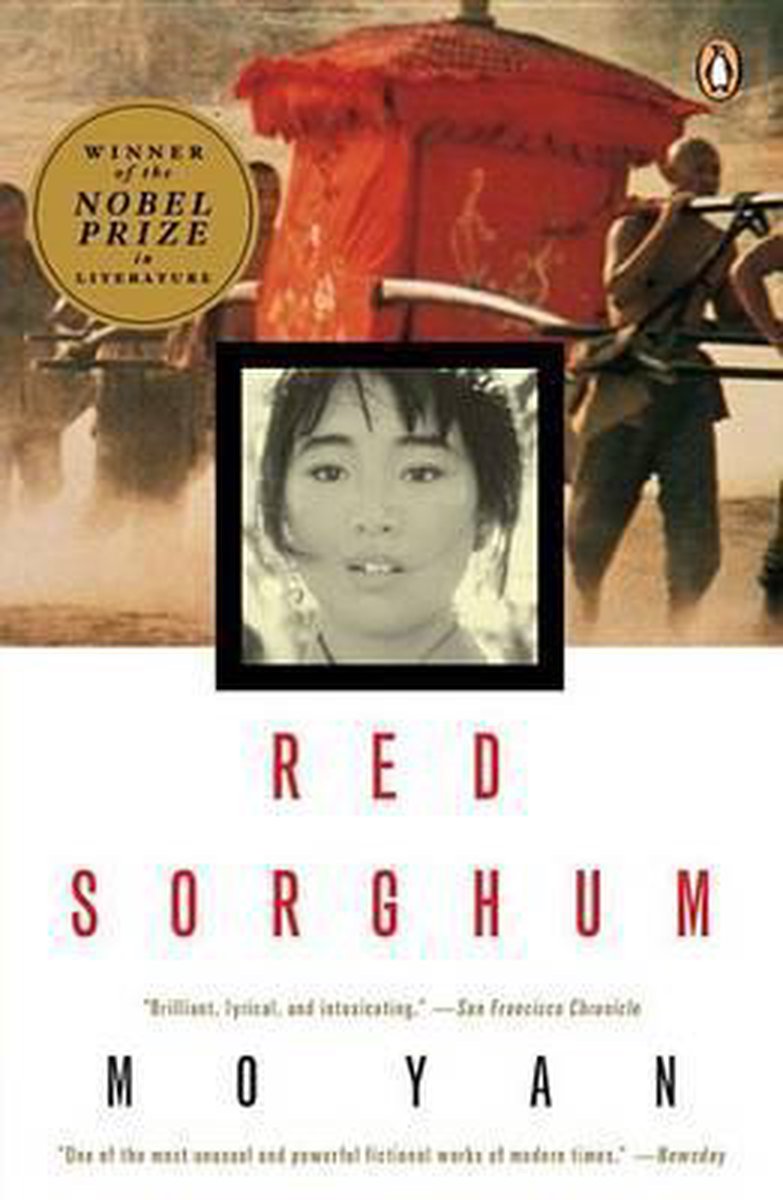


He has won virtually every Chinese literary prize, including the Mao Dun Literature Prize in 2011 (China’s most prestigious literary award) and is the most critically acclaimed Chinese writer of his generation, in both China and around the world.

Mo Yan is the winner of the 2012 Nobel Prize in Literature and the 2009 Newman Prize for Chinese Literature. Born in 1955 to a peasant family in Shandong province, he is the author of ten novels including Red Sorghum, which was made into a feature film, dozens of novellas, and hundreds of short stories. Mo Yan (literally “don’t speak”) is the pen name of Guan Moye.

“Yan tempers his brutal tale with a powerfully evocative lyricism . . . A powerful new voice on the brutal unrest of rural China in the late ’20s and ’30s.” “A masterful translation . . . The appearance of Red Sorghum is an important event for English-language literature, one which bids well for the power and influence of Chinese fiction in the 21st century.” “Red Sorghum is so unlike any other piece of contemporary Chinese literature that, were it not so clearly set in China, one might imagine it to be a product of another place and time. . . . With this work Mo Yan has helped his country find a new and powerfully convincing literary voice.” Red Sorghum fixes our attention on a series of exquisite images . . . he paints his pictures of a world in chaos, where every day is a struggle to preserve life, if not honor, and there is no safety even in death.” I am convinced this book will successfully leap over the international boundaries that many translated works face. . . . This is an important work from an important writer.” It is unlike anything I’ve read coming out of China in past or recent times. His imagery is astounding, sensual and visceral. “Having read Red Sorghum, I believe Mo Yan deserves a place in world literature. This historical tale has a remarkable sense of immediacy and an impressive scope.” “ style is vibrant, alternating between lyrical passages and an oddly conversational tone. “Red Sorghum creates the backdrop for mythic heroism and primitivist vitality through the exotically portrayed setting of Shandong’s lush sorghum fields.”


 0 kommentar(er)
0 kommentar(er)
